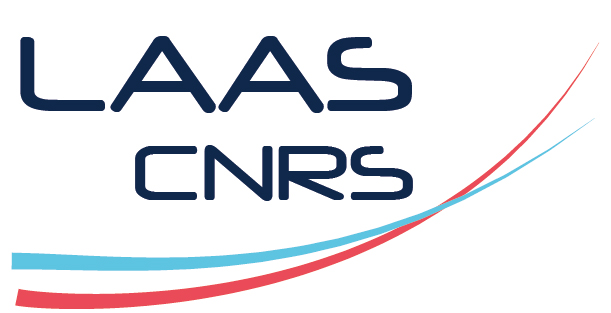LS2P: Local Structural Propensity Predictor
Résumé
LS2P provides information about structural propensities in Intrinsically Disordered Proteins (IDPs). In addition to identifying scarcely populated helical and extended regions, the method pinpoints short stretches triggering β-turn formation or promoting α-helices.
LS2P performs statistical analyses from a database of three-residue fragments extracted from coil regions of high-resolution protein structures. For each residue, conformations are classified into three main regions: (α) right-handed helical conformations, (β) right-handed extended conformations, and (γ) left-handed conformations. The combination of these three regions for each residue defines 27 structural classes for a tripeptide. LS2P computes the propensity of each tripeptide to be observed in each one of these structural classes, taking into account the local sequence context. Values larger than 1.0 for a given structural class indicate that this class is favored for a given tripeptide in the local sequence context, while values below 1.0 indicate the unlikelihood of this class.
As input, LS2P requires a FASTA-type sequence (single-letter code for the amino acid residues). It provides two output files: a table (in tsv format) with the propensities of the 27 structural classes for the middle residue of each tripeptide, and a plot (in pdf format) showing propensities for helical and extended conformations, as well as concatenations of propensities (ββα, βαα, ααβ, αββ) enabling the identification of β-turns.
Additional explanations about the method can be found in (please cite this publication if you use LS2P in your work) :
A. Estaña, A. Barozet, A. Mouhand, M. Vaisset, C. Zanon, P. Fauret, N. Sibille, P. Bernadó, J. Cortés. “Predicting secondary structure propensities in IDPs using simple statistics from three-residue fragments”. Journal of Molecular Biology, 432(19):5447-5459, 2020. https://doi.org/10.1016/j.jmb.2020.07.026 , https://hal.laas.fr/hal-02920302


